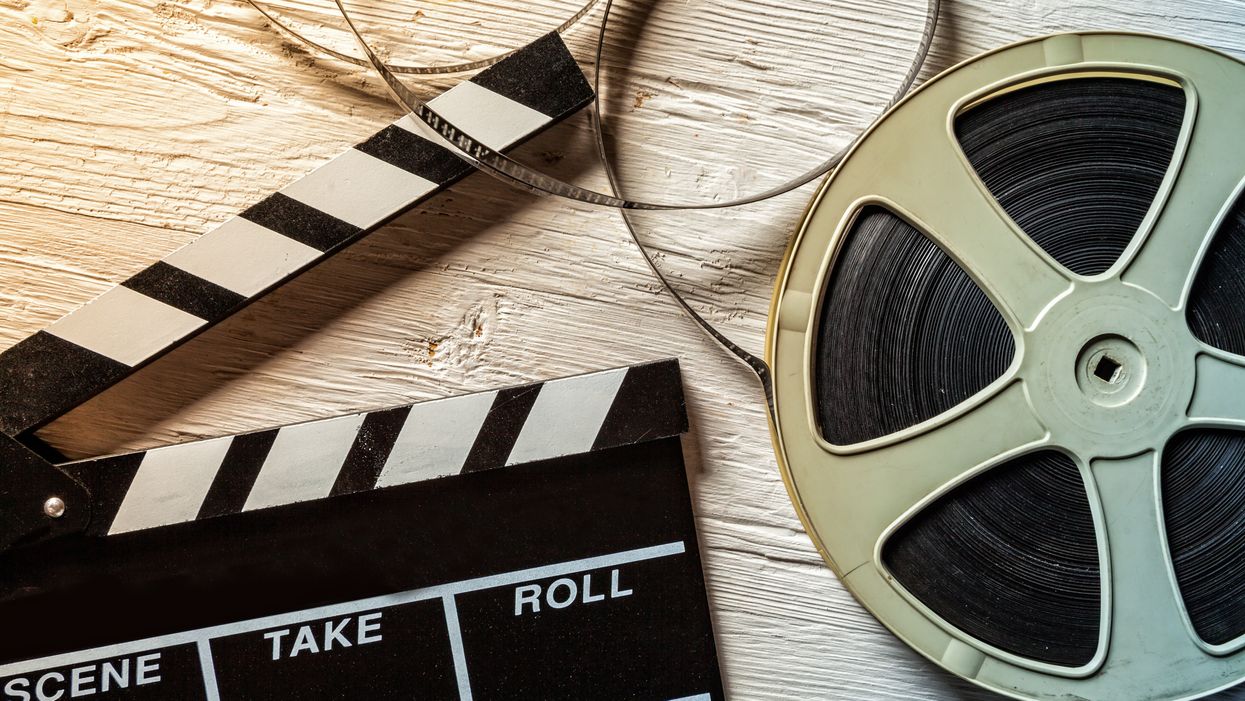Luckily, in this Academy Originals video a group of filmmakers -- directors, actors, costume designers, and more -- share what the greatest lesson they've learned in their careers has been. Get ready to take down some notes:
In case you can't/don't want to watch the video, the lessons are written below:
- There is no formula to filmmaking
- Be humble (it helps you work with others)
- Enjoy and appreciate the fact that you get to work with creative people for a living
- Surrounding yourself with the best will bring out the best in you
- Learn to reduce the suffering from your failure
- Don't start shooting unless you have the script you want
- Have the courage to immerse yourself in things you're not familiar with
- Try to use as many different filmmaking techniques as you can
- Stay interested
- Allow challenges to help you grow as an artist
- Stay focused on your craft regardless of what's going on in the industry
- Life's too short to commit to a project you don't believe in
- Stick with your vision
- Go with you gut instinct, but listen to the creative minds around you
- Believe in yourself and trust that you're the right person for the job
- Take the next best job you can and keep working
This only scratches the surface -- or the surface of the surface -- or the surface of the surface's surface. Spending any amount of time working in film you're guaranteed to not only be pushed to your absolute limit physically, emotionally, and mentally, but to learn a myriad of lessons about pretty much everything.
I remember working on my first short film and learning that:
- Everything takes 10x longer to do on a film set than it does in the real world.
- Comfy shoes are essential.
- If you lay your head down to sleep at 6 a.m. after wrapping on a 14-hour shoot and still can't sleep because you're excited for the next 14-hour shoot ahead of you, then you're in the right line of work.
What are some of the biggest lessons you've learned during your filmmaking career? Let us know in the comments below.
Source: Academy Originals












